Why do people get stomach bugs?
Stomach bugs, also known as gastroenteritis, are caused by a variety of viruses, bacteria, and parasites. Stomach bugs are highly contagious and can be spread through contact with contaminated food or water, or by touching a surface that has been contaminated with the virus, bacteria, or parasite.
Certain stomach bugs can cause light coloured stools, also known as clay-coloured stools, as a result of interfering with the normal process of bile production and digestion in the liver and small intestine. Bile is a digestive fluid produced by the liver that helps to break down fats and absorb nutrients, so the colour of stools is normally a shade of brown due to the presence of bile.
If you’re suffering from symptoms of a stomach bug, you should stay home from work or school to avoid spreading the infection to others.
What are some different types of stomach bugs?
There are various types of stomach bugs. The following are some of the most common stomach bugs:
Hepatitis A
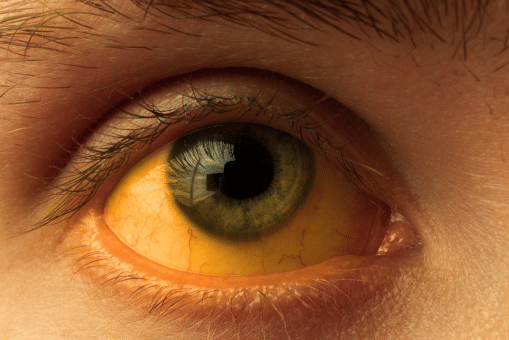
A virus that can cause a stomach bug followed by pale stools is hepatitis A. This type of stomach bug is a viral infection that affects the liver. Other types of hepatitis, such as hepatitis B and C, can also cause pale stools, but these are less common.
Gastrointestinal infections
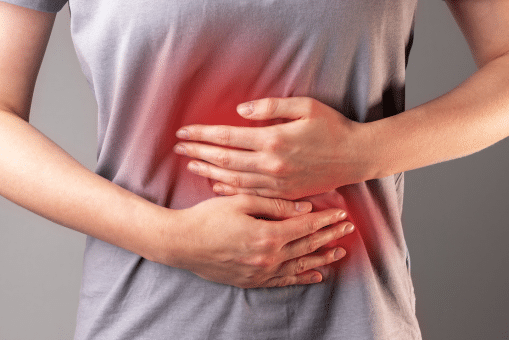
Gastrointestinal infections caused by certain bacteria, such as Salmonella, Shigella, and Campylobacter, can also lead to pale stools. These infections typically cause symptoms like diarrhoea, nausea, and abdominal pain as well.
Liver damage
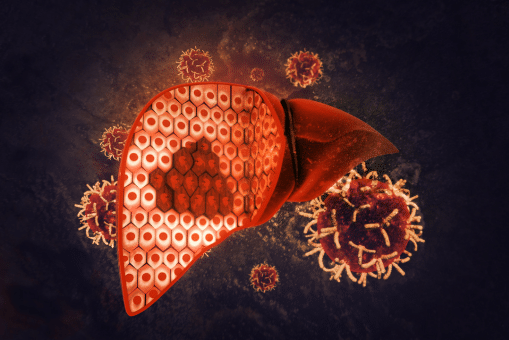
Pale stools may indicate liver damage, as pale, clay, beige, or sand-coloured stools can mean that your body is not producing enough bile or is not draining bile properly. As bile contributes to the colour of your stool, it can be a plausible exception.
How to treat a stomach bug followed by pale stools
If you have a stomach bug followed by light coloured stools, it is important to take steps to treat your symptoms and seek medical attention if necessary. Here are some general guidelines:
Rest and stay hydrated

Stomach bugs can cause dehydration, so it is important to drink plenty of fluids, such as water, electrolyte solutions, and clear broths. You may also want to avoid solid foods until your symptoms improve
Monitor your symptoms
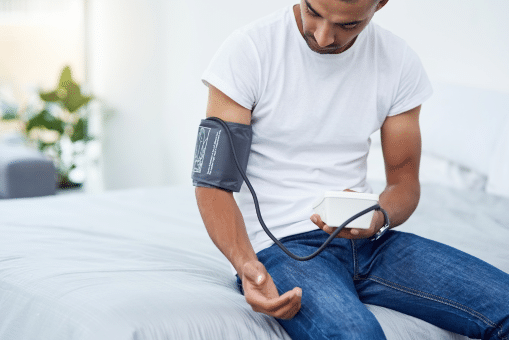
Seek medical attention right away if you have any additional symptoms, such as fever, severe abdominal pain, or bloody stools. These symptoms could point to a more serious problem so be sure to monitor them.
Avoid alcohol and caffeine
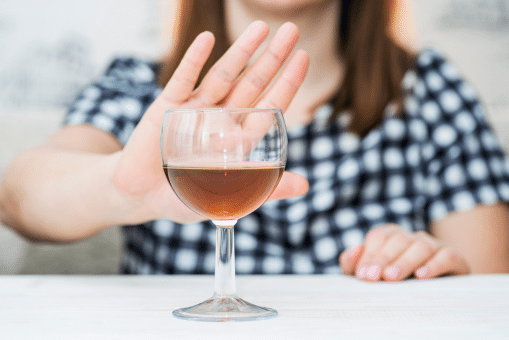
Both alcohol and caffeine can further dehydrate you and worsen your symptoms. Caffeine constricts your intestines, which can worsen diarrhoea and it is best to abstain from alcohol at all costs because it acts as a diuretic and can aggravate your stomach bug further.
Consider over-the-counter medications

Anti-diarrheal medications, such as loperamide (Imodium), can help alleviate diarrhoea, but they should not be used if you have a high fever or bloody stools. Acetaminophen (Tylenol) can help relieve fever and discomfort, but avoid Aspirin or ibuprofen, as they can irritate your stomach.
Consult a healthcare professional

If your symptoms persist or worsen, or if you have concerns about your condition, consult a healthcare professional. They may recommend further testing or treatment, such as stool tests, antibiotics, or intravenous fluids.
Pale stools can be a sign of several conditions, including liver or gallbladder problems, so it is important to seek medical attention if your symptoms persist or worsen.
Consult a gastrointestinal specialist
Dr. Suhirdan Vivekanandarajah, a gastroenterologist and hepatologist located in Sydney, has undergone comprehensive training to assist his patients in achieving optimal digestive health.
You can book a consultation with him now to discover ways to enhance your digestive well-being.
